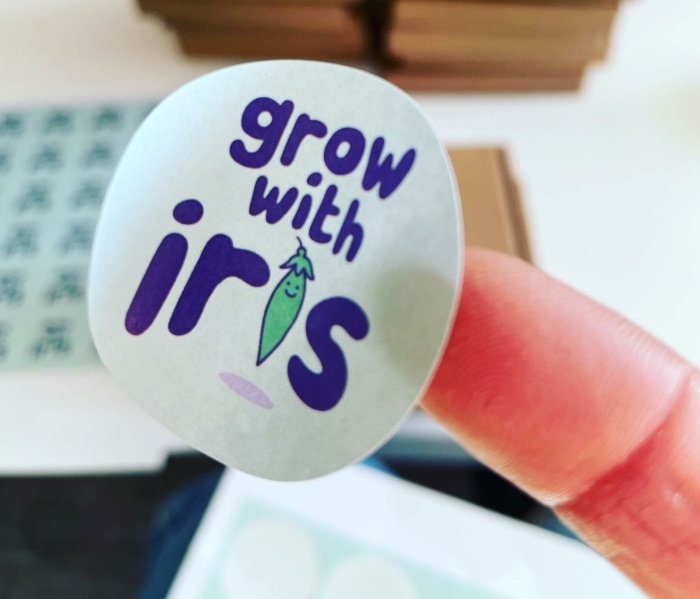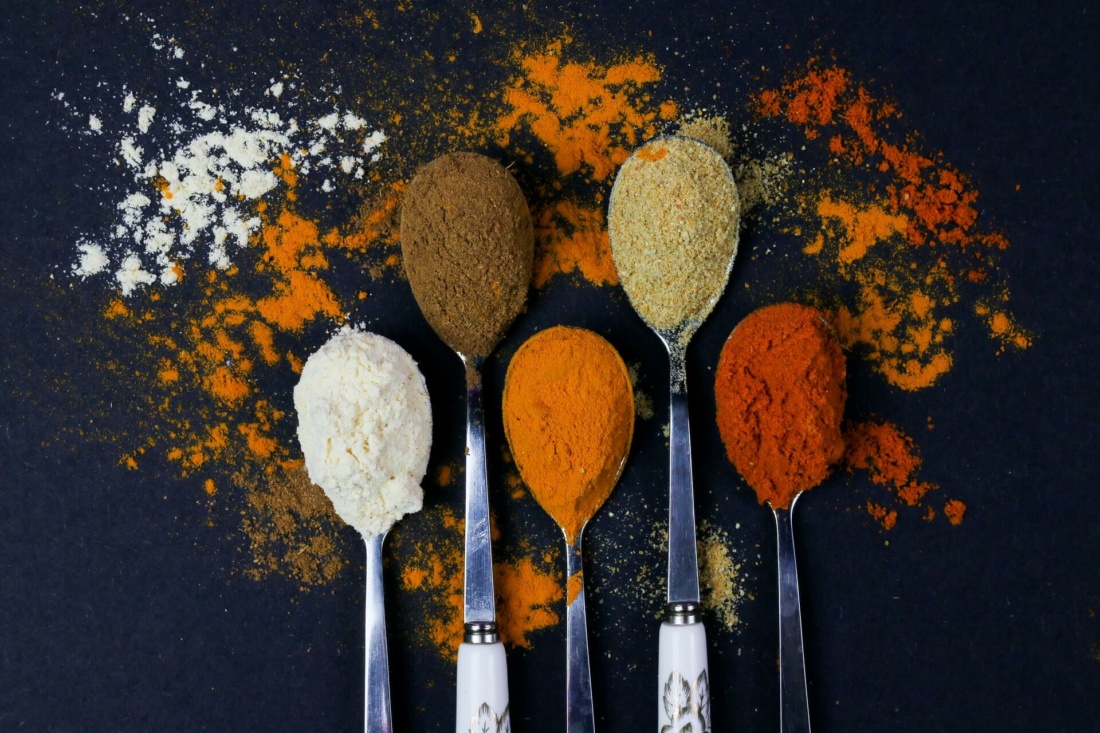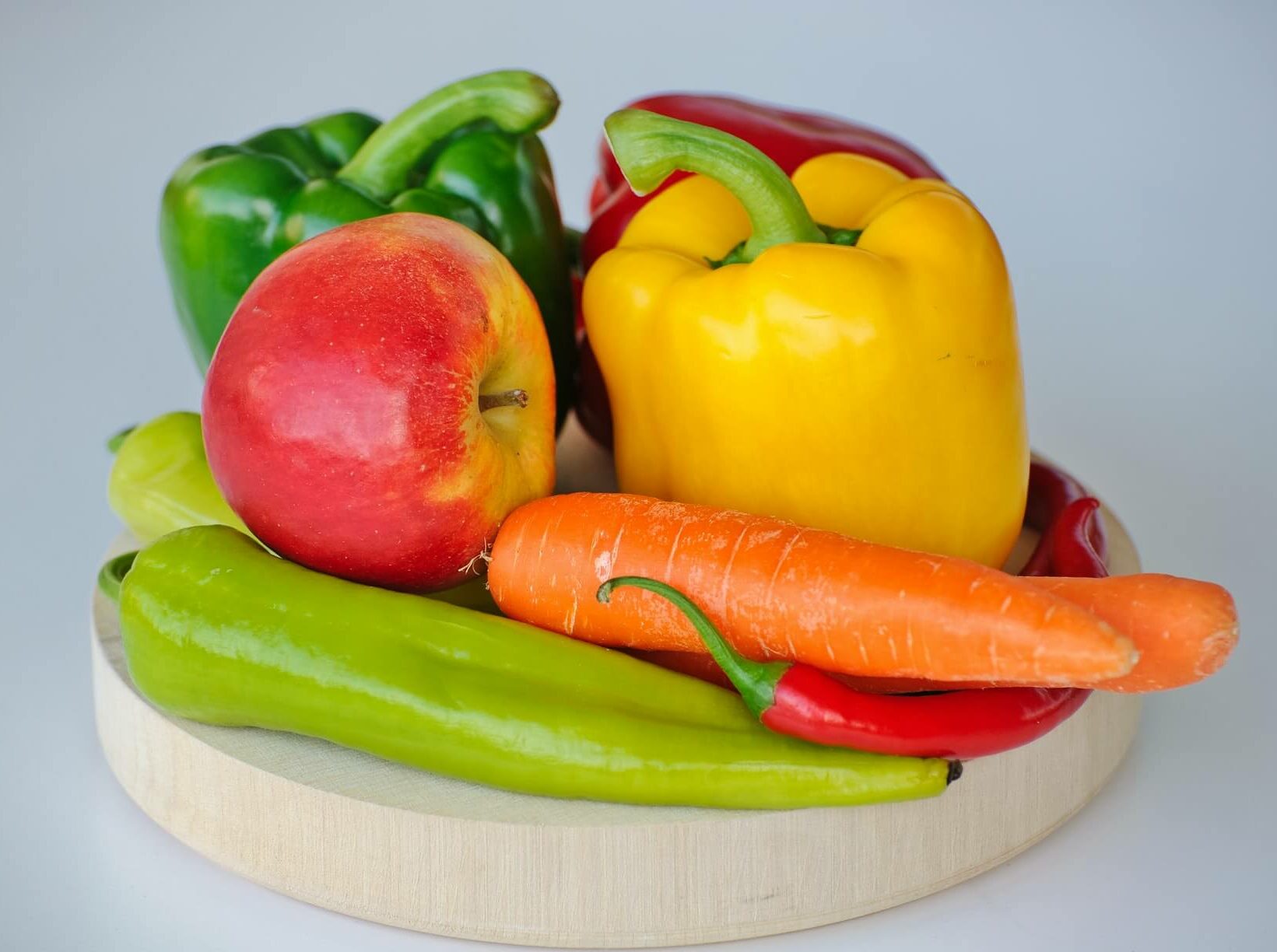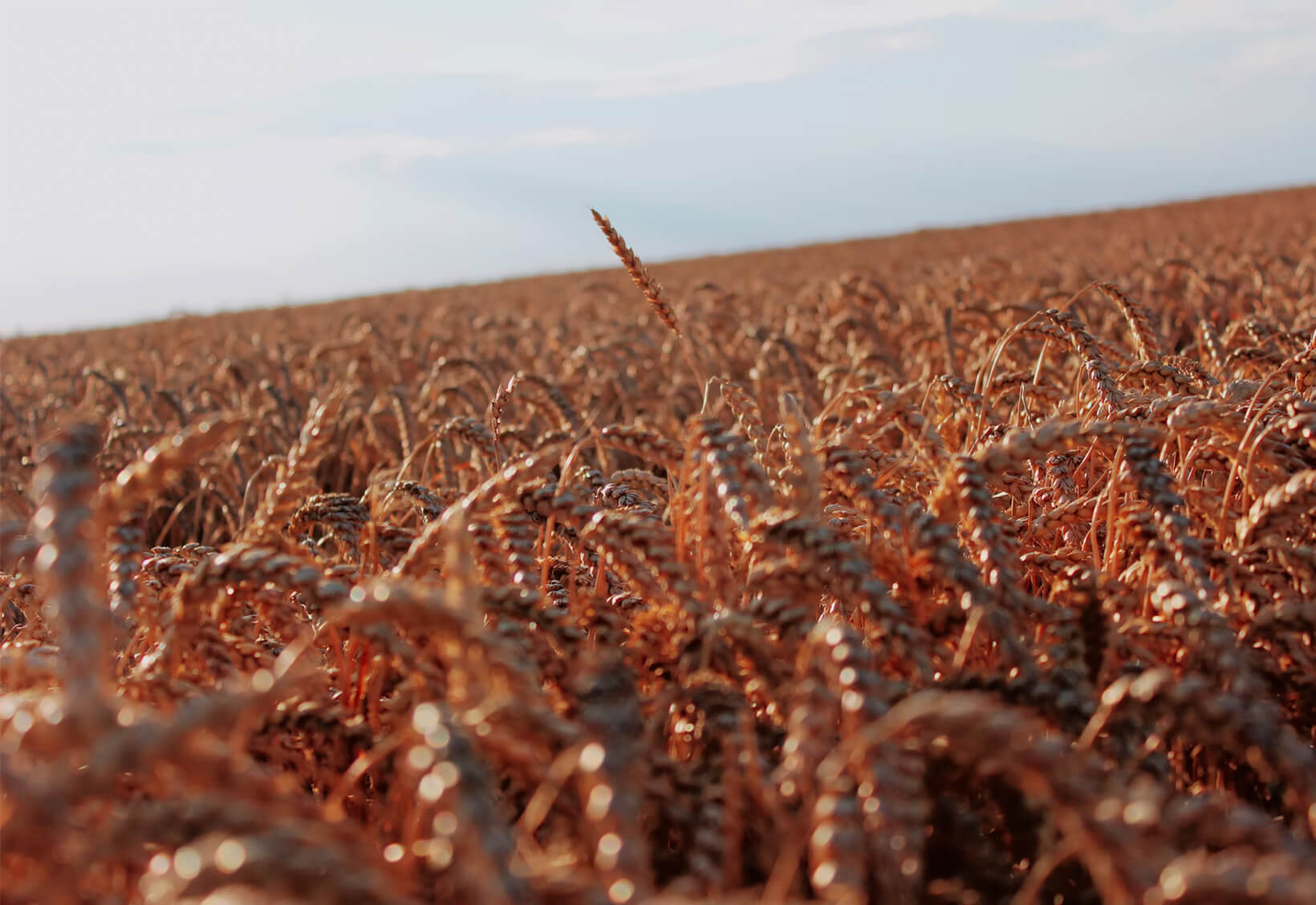Things You Might Not Know About Allergies | Enjoy! Free From Chocolate | Allergy Companions
by Emily Bartley
Our team at Enjoy! Free From Chocolate are excited to be guest writing this blog for Allergy Companions as we’re passionate about educating and spreading awareness of food allergies and intolerances.
In fact, Enjoy! was founded because our CEO Chris’s food intolerances meant that he couldn’t eat chocolate for many years, so he decided to make his own! Today, we are delighted we have opened up the joy of eating delicious chocolate to lots of people with dietary restrictions.
In our guest blog, we are sharing some things that you might not know about allergies, and some common misconceptions.
How common are allergies?
The UK faces some of the highest rates of allergic conditions in the world, with over 20% affected by one or more (source: Allergy UK). Findings gathered by Allergy UK also states that “44% of British adults now suffer from at least one allergy.”
Regarding food allergies specifically, it’s estimated that between 1-10% of adults and children have a food hypersensitivity (source: Allergy UK).
What are the most common food allergens?
The Food Standards Agency (FSA) lists the following 14 allergens that are required, by Law, to be declared by food producers:
“Celery, cereals containing gluten (such as wheat, barley and oats), crustaceans (such as prawns, crabs and lobsters), egg, fish, lupin, milk, molluscs (such as mussels and oysters), mustard, peanuts, sesame, soybeans, sulphur dioxide and sulphites (if the sulphur dioxide and sulphites are at a concentration of more than ten parts per million) and tree nuts (such as almonds, hazelnuts, walnuts, brazil nuts, cashews, pecans, pistachios and macadamia nuts).”
However, the FSA lists only the 14 most common food allergens. Chris’ experience has taught us that food intolerances and allergies can occur to any food. In fact, as well as the number of allergy sufferers having grown over the past few decades, there has also been an increase in the range of foods people are allergic to (source: BBC).
What causes a food allergy?
Individuals can develop a food allergy when their immune system mistakes a normally harmless substance they have been exposed to for a dangerous invader (source: Mayo Clinic).
The body attempts to attack the proteins in the food using antibodies, such as Immunoglobulin E (IgE). IgE releases chemicals such as histamine, which causes inflammation in the body and results in many of the observable symptoms of allergic reactions, for example skin itching and redness, and increased mucus production. Antihistamines are commonly used to alleviate these symptoms. A severe IgE reaction occurs when the immune system dumps large quantities of histamine all around the body, which can lead to anaphylaxis.
There is a second type of immune response called a Non IgE mediated food allergy. This immune response uses different antibodies and causes less severe symptoms that typically affect the gut (e.g. diarrhoea) and skin (e.g eczema) (source: Midland Health).
People may be more at risk of developing an allergy if they have a family history of allergies, they are a child, or if they already have an allergic condition.
Is an allergy and an intolerance the same thing?
Healthline states that “a food allergy is a condition in which certain foods trigger an abnormal immune response”. This is recognised by symptoms such as- difficulty breathing, vomiting, diarrhoea, swelling of the tongue/mouth/face, or an itchy rash.
Many food intolerances are mistaken for allergies. However, a food intolerance is not caused by the immune system overreacting, and is not life-threatening.
Can you cure an allergy?
Unfortunately, there are no definite cures for allergies, although some drugs are being developed at present in the United States.
Management relies on sufferers avoiding the trigger allergen and ensuring there’s an emergency plan in place.
Is Enjoy! Free From Chocolate free from the 14 allergens?

Our products are suitable for people with the following allergies: dairy, gluten, egg, soya, peanut, and tree nuts. Our products do not contain the following allergens, and we work with our supply chain to minimise the risk of these allergens entering our ingredients: sesame, crustaceans, molluscs, fish; celery, mustard, lupin, and sulphites.
Thank you
Thank you so much for reading our blog!
If you would like to discover the “joy of Enjoy!” We’ve got a 20% off discount code just for you: AC20
You might also enjoy reading “Meet Sam Burke, the lovely owner of Thyme and Season & Dosa Love“.


























